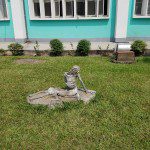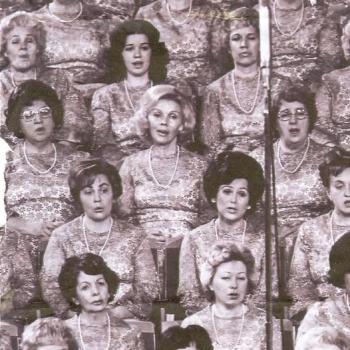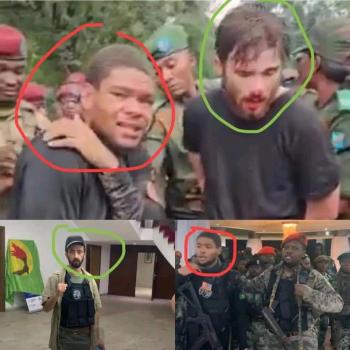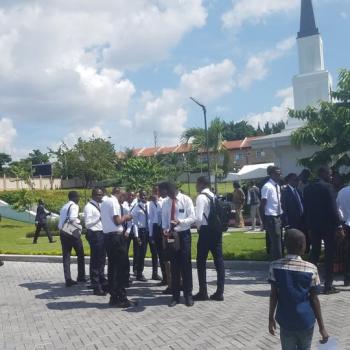 I will not use the real names of those were involved in this case either as the accusers or as the victim. I will call the victim (which, to me, she is) Maye, which means water in Lingala.
I will not use the real names of those were involved in this case either as the accusers or as the victim. I will call the victim (which, to me, she is) Maye, which means water in Lingala.
I had known Maye, a Black woman (born 1991) for much of her life. Before being placed in foster care, she had lived in a home where sexual abuse was rampant and where gang violence had directly impacted her family. Her biological mother was strung out on drugs, and the home situation was pitiable.
Maye dealt with the trauma of her childhood through poetry and was a well-regarded slam poet. In February, 2015, I recommended her to a friend who taught at a charter school. Maye would demonstrate slam poetry and talk about it to the students. According to my friend, she did both beautifully. The previous year, she had been part of university royalty in a Miss Africa Utah competition. She was a stunning and brilliant woman, a teacher’s assistant at her university with plans of becoming a lawyer.
That changed on September 16, 2015, when Maye was ambush-arrested at age 23.
She had no idea what the charges were. She had not seen her foster family since she was eighteen. But several police cars, sirens blaring, pulled up to her apartment as she was cuffed and led to a patrol car.
I got a message from her boyfriend the next day:
Hi. Maye informed me that you might not respond if you don’t know who I am. She wanted me to inform you that she was currently arrested for accusations [redacting the names of the accusers]. If you get this, can you please give me a call at your earliest convenience.
What was about to unfold was a terrible synchronicity. Many times during my life, I had found myself at the right place and at the right time. It had happened again. I had learned things about Maye’s accusors the month before and had reconnected with Maye in an effort to understand some painful dialogues. The moment I received that message from her boyfriend was the saddest synchronicity of my life. It would result in my leaving (clumsily) one circle of friends.
Maye’s black friends started a fundraiser for her, announcing that she would face charges in one of the most racist courts in the USA–Utah County. In my own, white heart of hearts, I absolutely did not believe that the fourth district court (Provo) was racist. I was positive that the judge would be fair. I had friends and family members who were judges. Surely they wouldn’t be anything less than fair!
I went to the courthouse for the preliminary hearing and, for the first time, read the charges outside the courtroom. There were twenty-seven. All were charges of sexual abuse. A huge portion of them were from 1999. Because Maye is my son’s age–born in 1991–I recognized that she was being brought to court to face charges of crimes she had allegedly commited at age eight. There were no charges from her adult years. All were from 1999-2005, or between the years when she was eight and when she was fourteen.
I spoke with a lawyer, who was also looking at the charges and who told me that she and her colleagues had been talking about the case in their office. She pronounced the charges “ridiculous.”
I was certain that the judge would dismiss the charges.
I was wrong. Not only would I lose friends (or cut myself off from them) but I would file a complaint against the judge. I would witness him break the law.
To be continued
Note that none of this is fiction. I have the recordings of the court proceedings and records of all conversations surrounding them.












